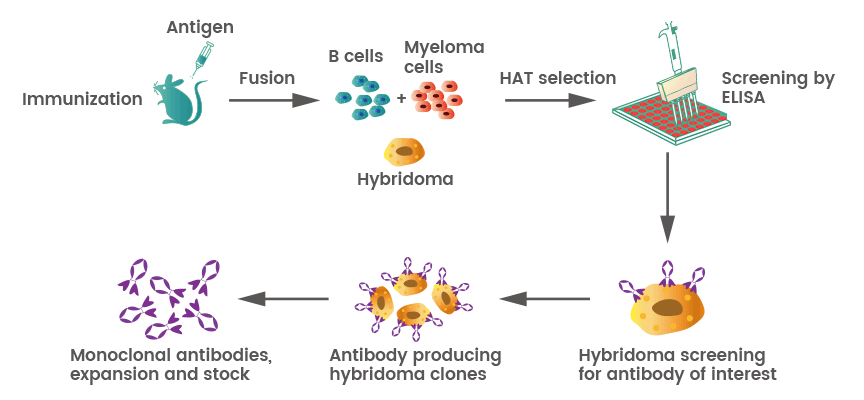Rabbit monoclonal antibodies are a type of antibody that is specifically made from a rabbit’s immune system. They are used in many different research and medical applications, including diagnostics, biochemistry, and pharmacology. The process of making a rabbit monoclonal antibody is relatively simple, and there are several steps that must be followed in order to produce a successful antibody.
Rabbit customs starts with the production of a hybridoma, which is made by fusing a rabbit spleen with mouse cells. The fusion is then allowed to grow until it forms a clump of cells, called a tumor. Once the hybridoma has reached this stage, it is injected into an immunocompromised mouse (typically a nude mouse or SCID mouse).

Image Source Google
The immune system of the mouse will cause the tumor to become populated with mature B lymphocytes (B-cells) and T lymphocytes (T-cells), which can be harvested for antibody production. After these cells are harvested, they are fused with myeloma cells in order to produce hybridomas that make specific monoclonal antibodies.
If the immune system is reacting inappropriately, such as when a person has a disease that causes immune system changes or when the immune system is being overactive, then the antibodies detected may indicate that there is something abnormal occurring within the body.This test only detects antibodies created in response to exposure to foreign substances like Lyme disease or cancer; it does not detect antibodies caused by other diseases or problems.
/cdn.vox-cdn.com/uploads/chorus_image/image/51867435/Eli_Preferred_Headshot.0.jpeg)